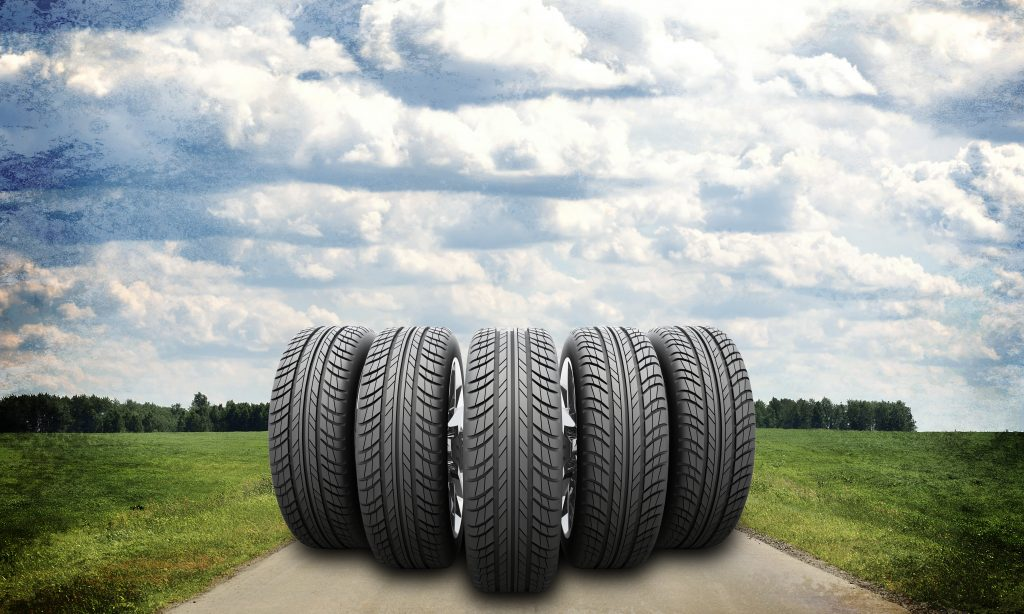
Green Performance
YueLong recognizes that we are a part of Earth’s ecosystem and therefore takes pride in our responsibility to provide a better environment for future generations. Our raw materials are formulated to reduce pollutant emissions. As a result, our suppliers are required to provide raw materials that comply with all relevant internationally recognized environmental regulations.
Environmental friendliness, safety, and retreadability are essential features of our new YueLong Truck tire product lines. Innovative compounds, structures, and tread patterns ensure that these tires offer lower fuel consumption, reduced carbon dioxide emissions, higher mileage, and excellent retreadability. This is achieved while further enhancing the established safety characteristics on both wet and dry surfaces, positioning YueLong industrial vehicle tires among the leaders in the industry.
Conformity to Regulations with HA (High Aromatic)-Oil Free Formula for VOC Reduction
Lower Rolling Resistance for Fuel Saving and Carbon Dioxide Emission
Fuel consumption and carbon dioxide emissions are direct functions of a tire’s rolling resistance. Reducing rolling resistance is one of our top priorities for product development. Highly dispersible silica and unique crosslinking agents are incorporated into our formula to achieve the stable integration of natural and synthetic rubber with silica, resulting in superior outcomes of lower rolling resistance, reduced heat generation, and better grip performance.
Retreading has a positive impact on the environment